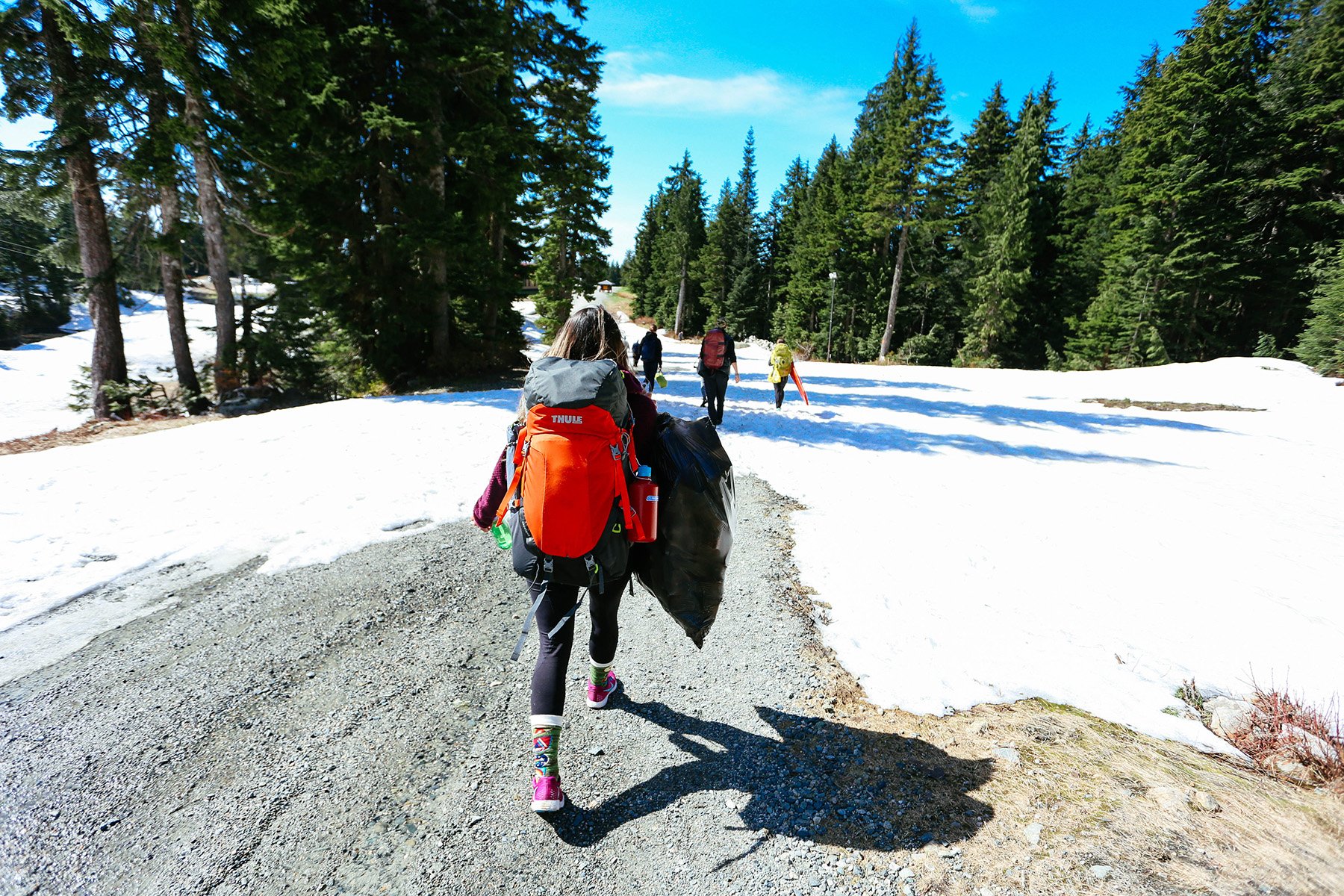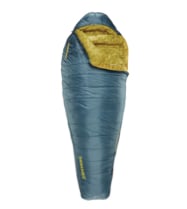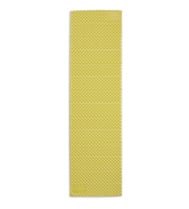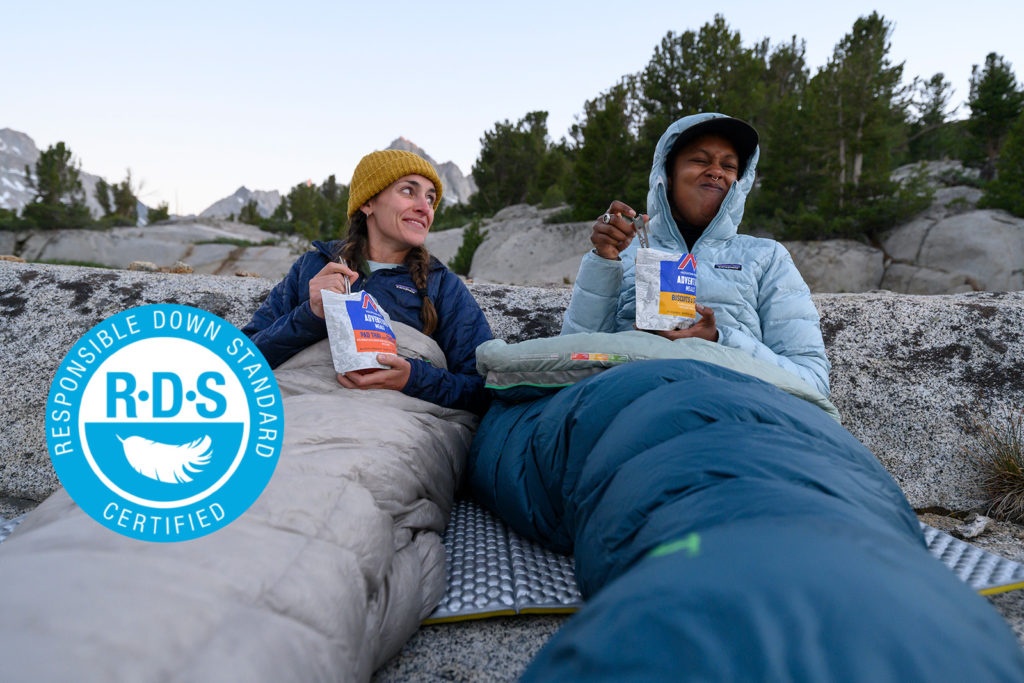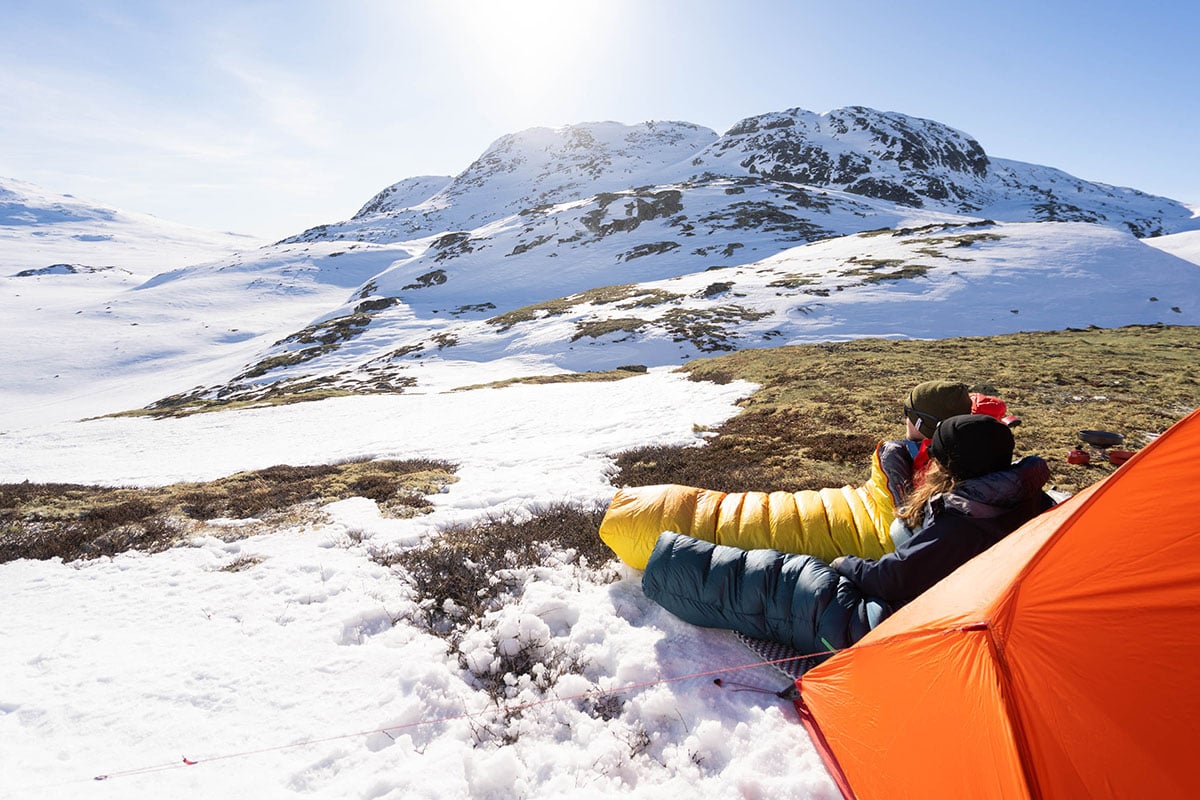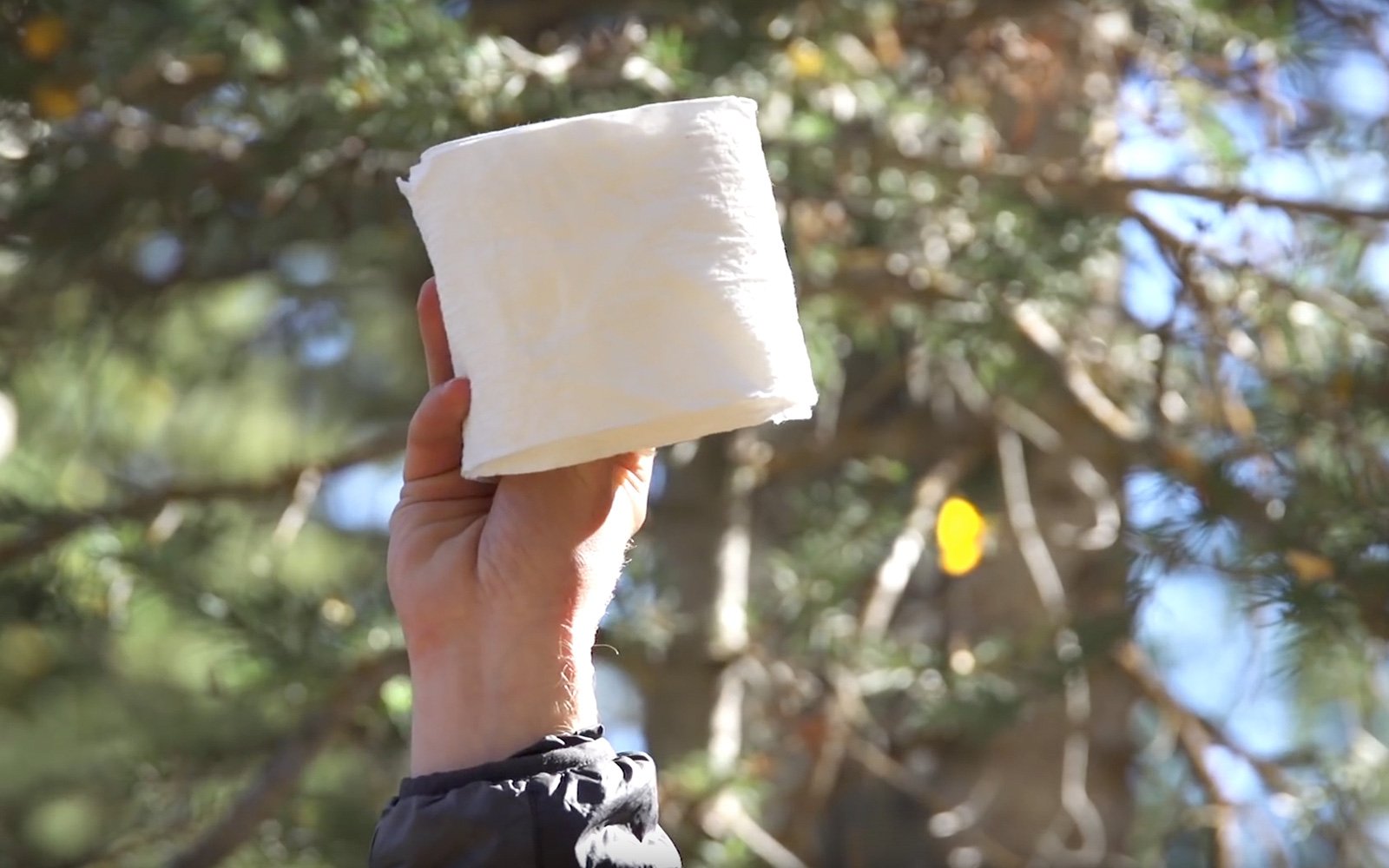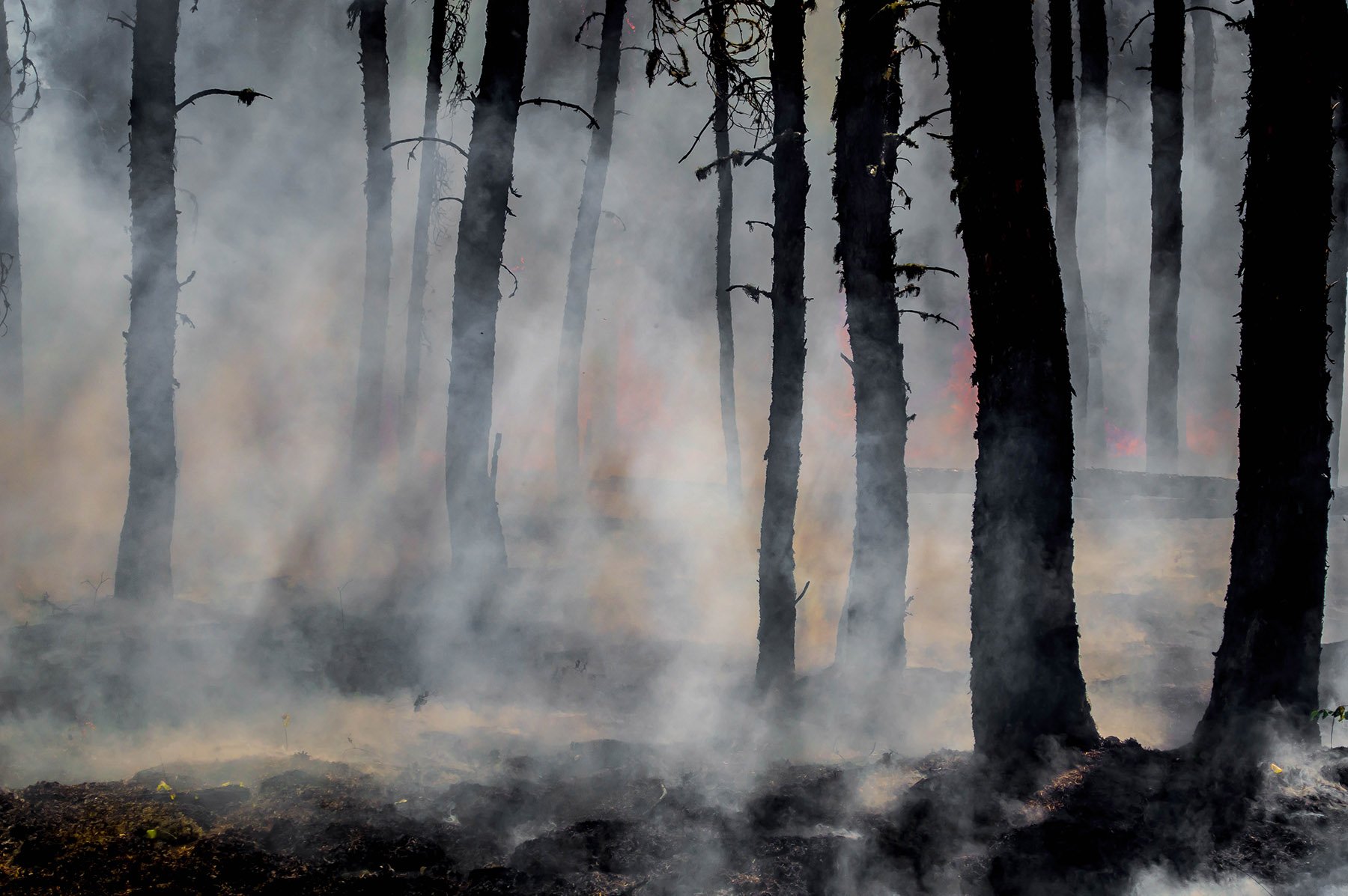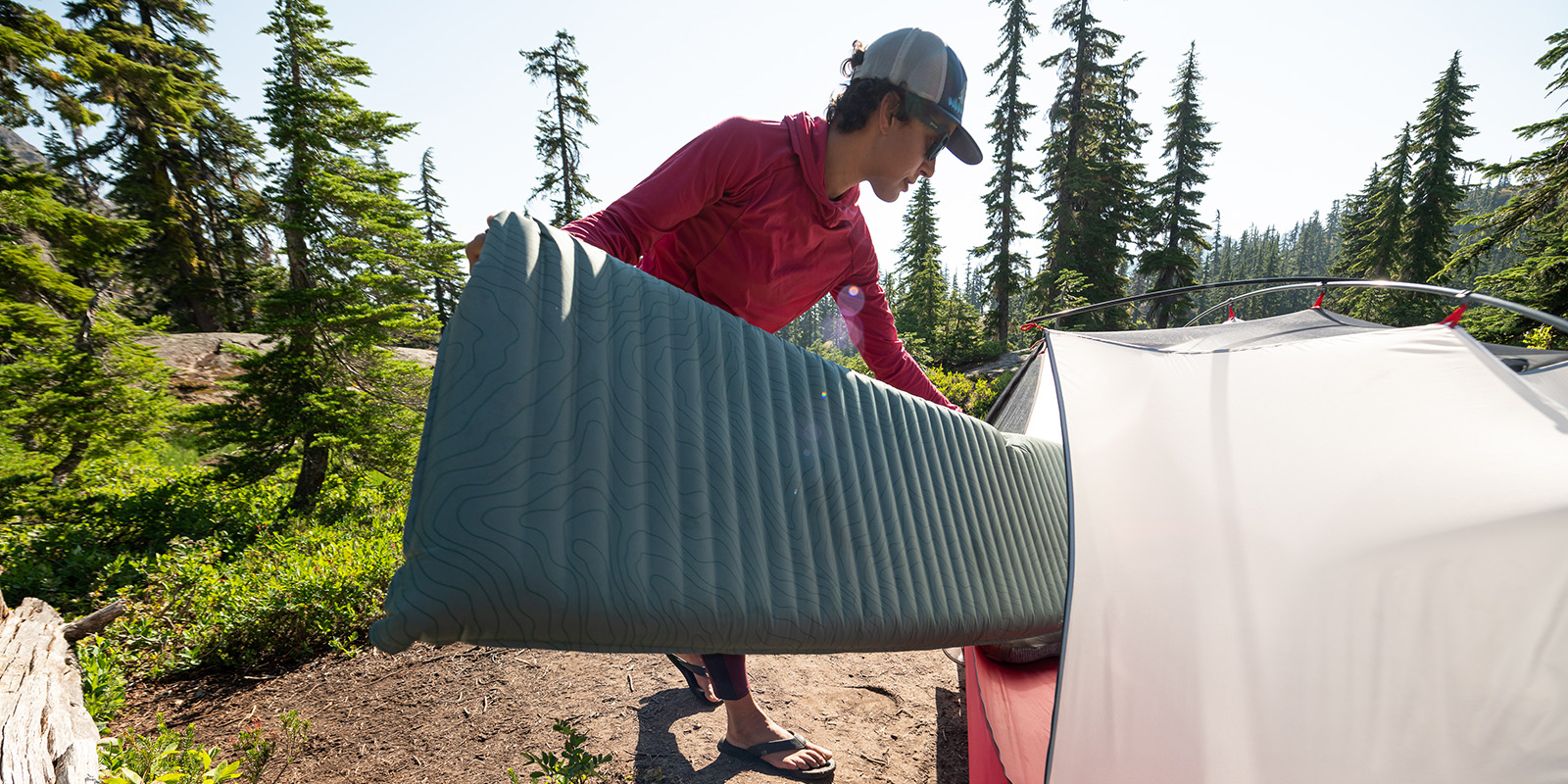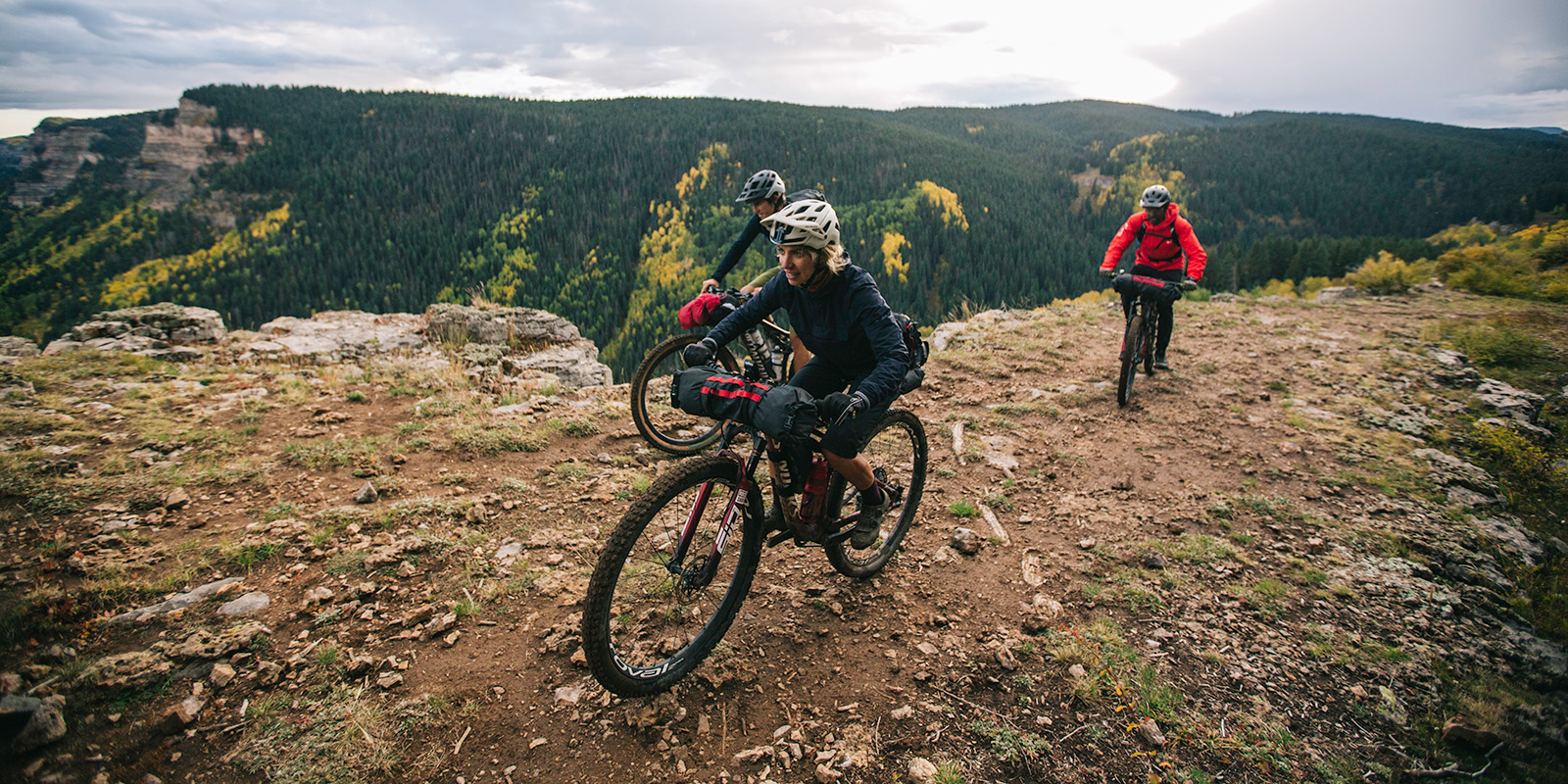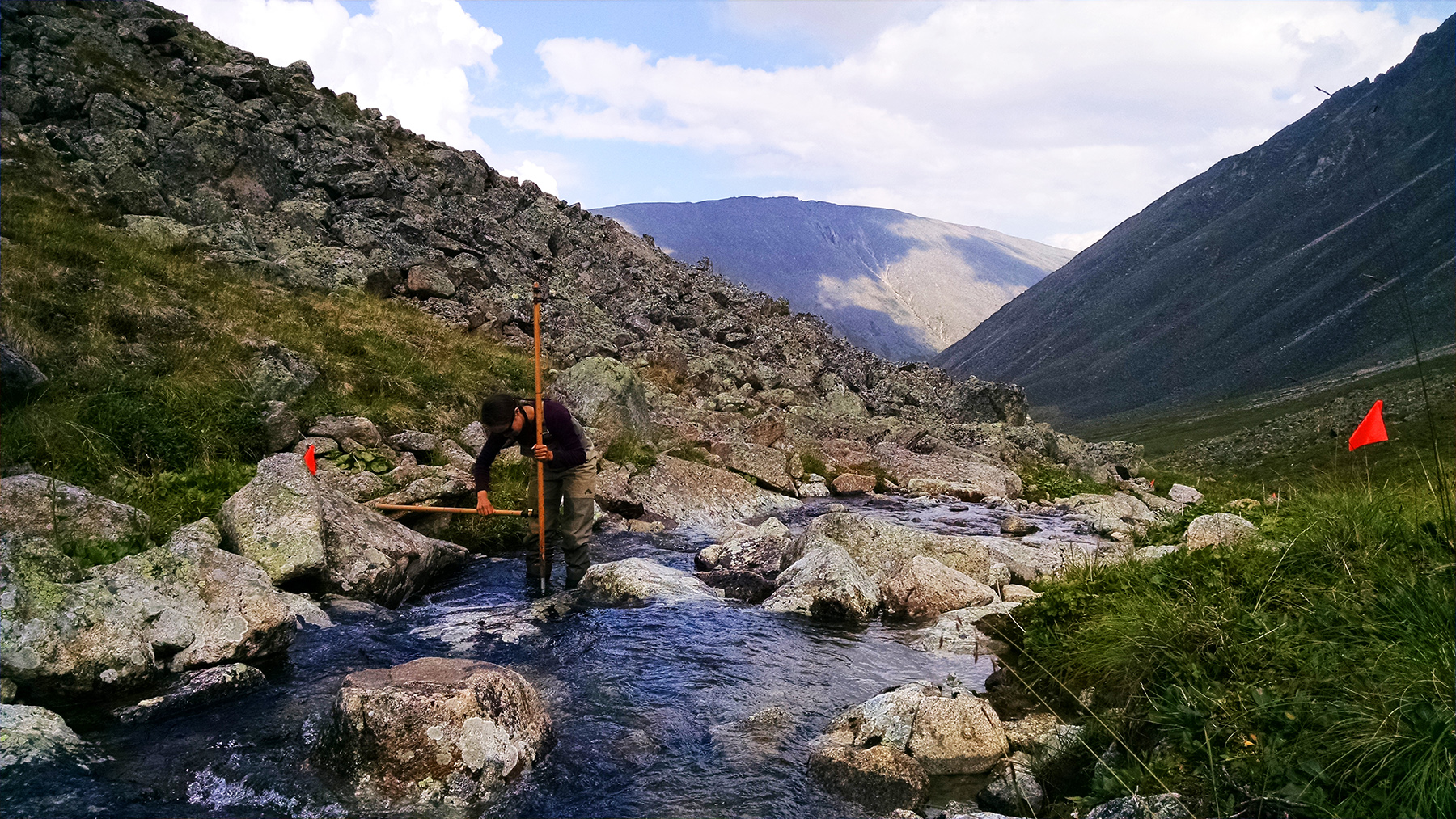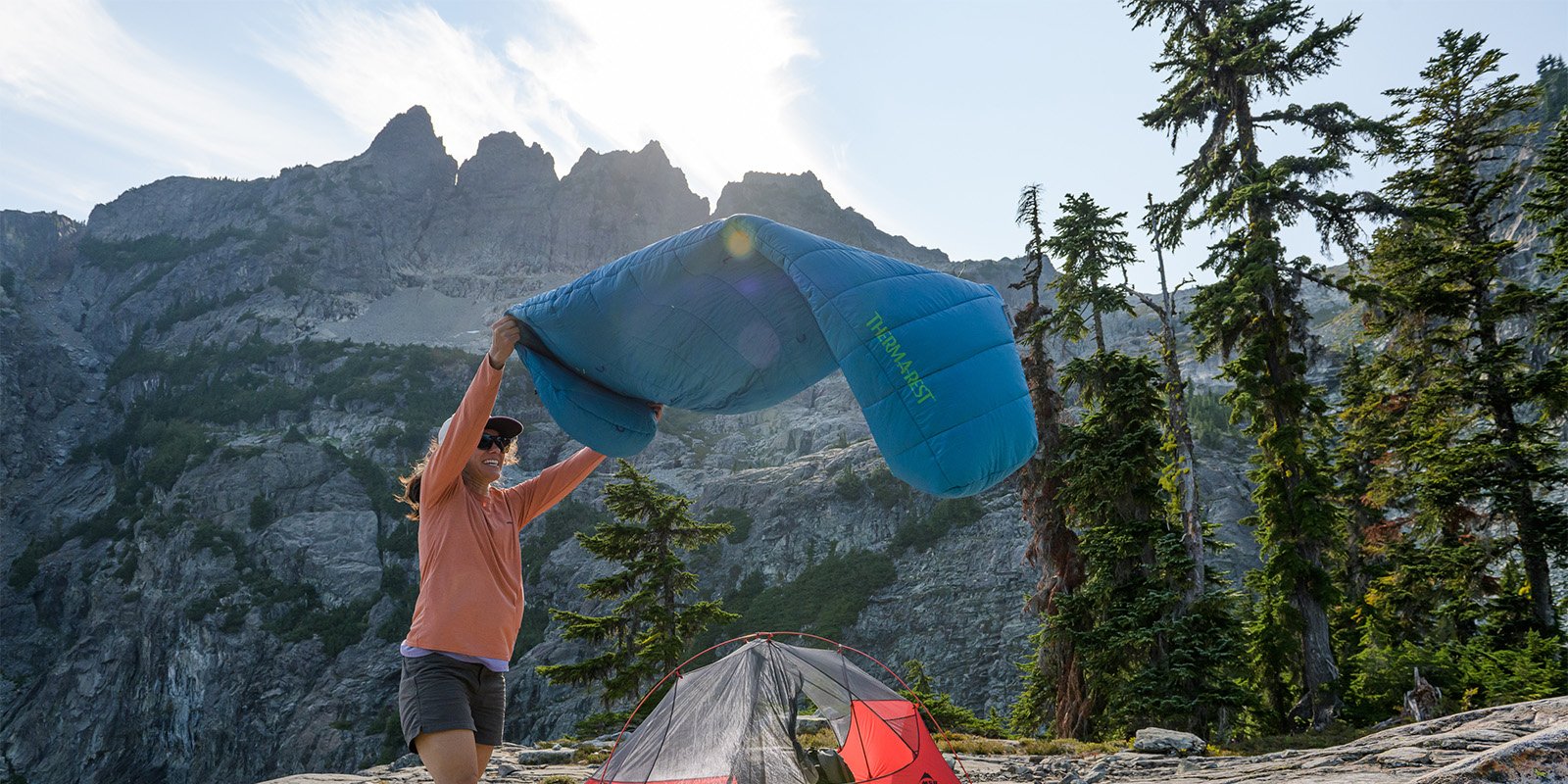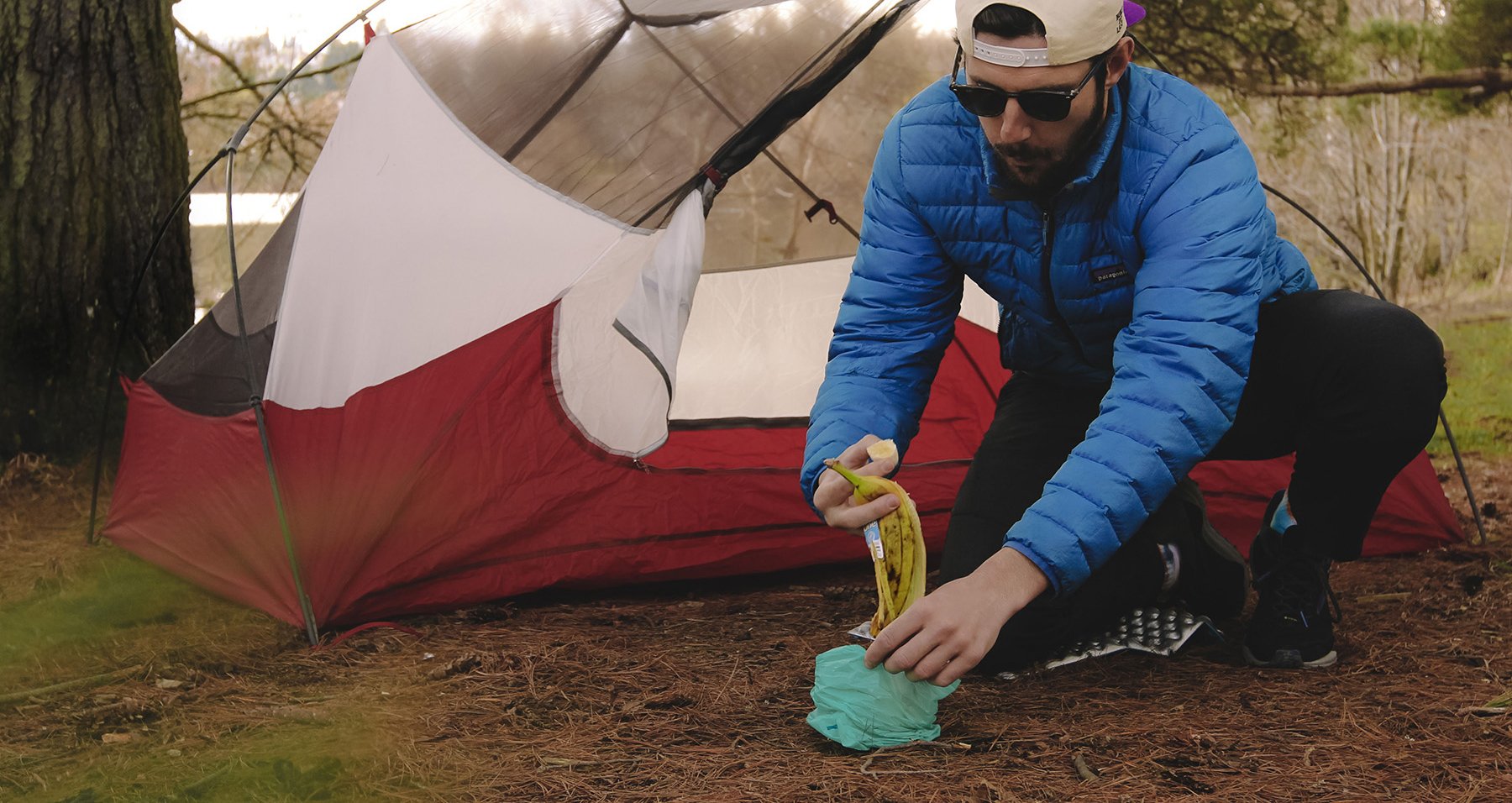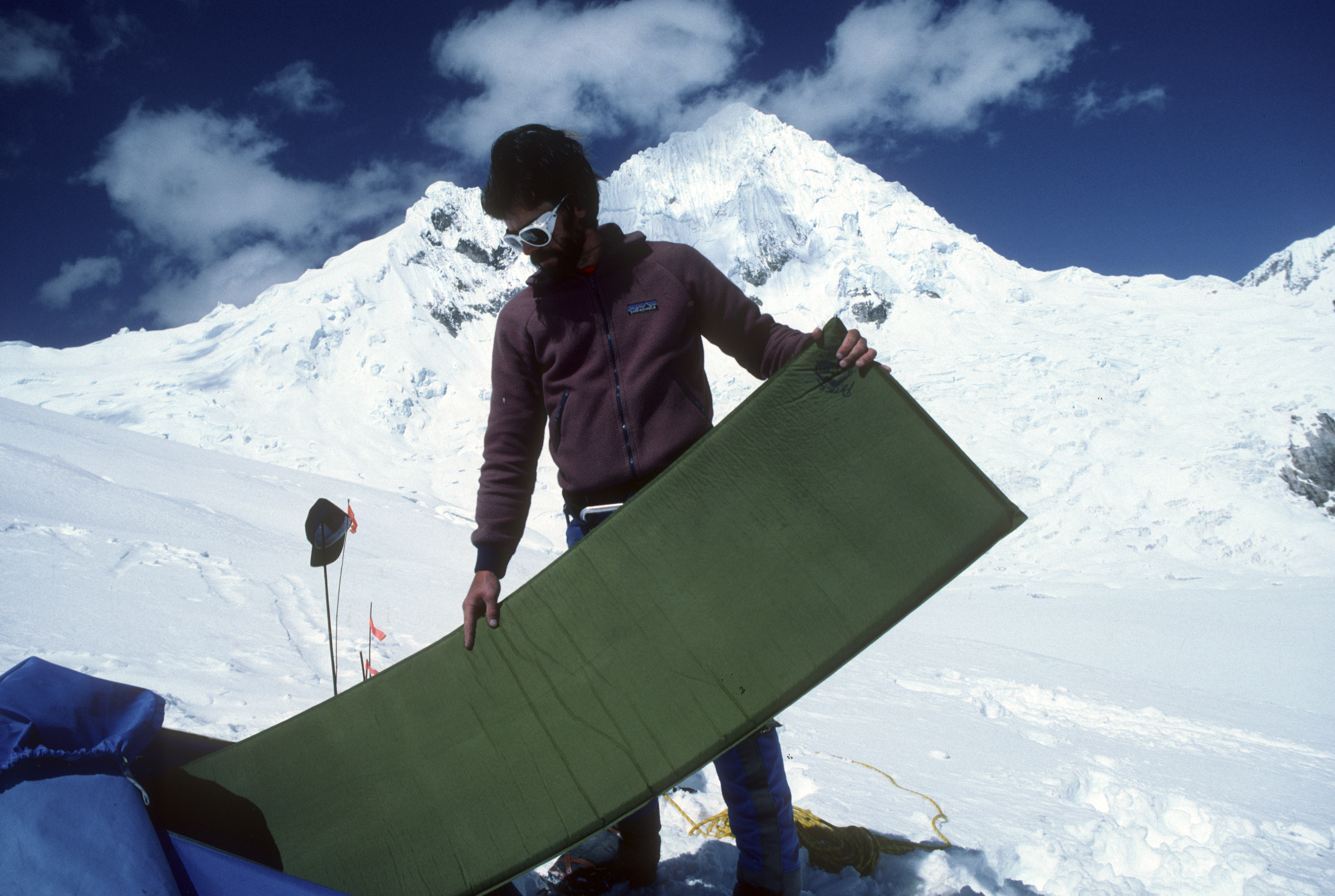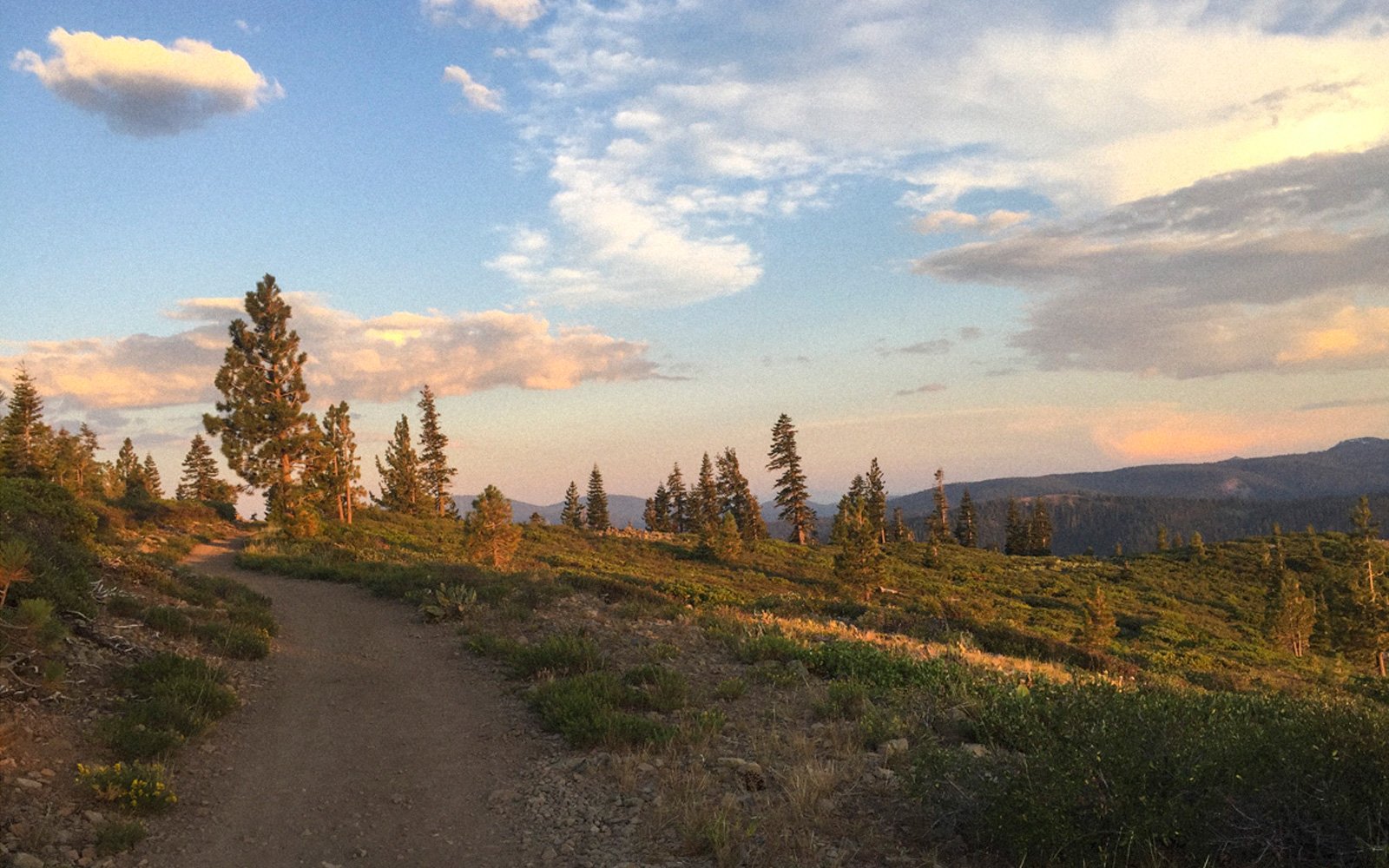When I was seven, my dad bought me a season pass for our local ski hill on whim. Before I had even owned a pair of skis. One of my first days on the hill consisted of him accidentally losing his grip on my shoulders, sending me flying face first into a tree. Through wet eyes and bloodied lips, I vowed I’d never go again. Yet, year after year I returned to the rickety ski hill by my house, desperate to improve. Back then, the hill had a small two-person chairlift that took fifteen minutes to ride up for the far-too-quick six-minute ride down. It was quaint, and quite frankly, perfect.
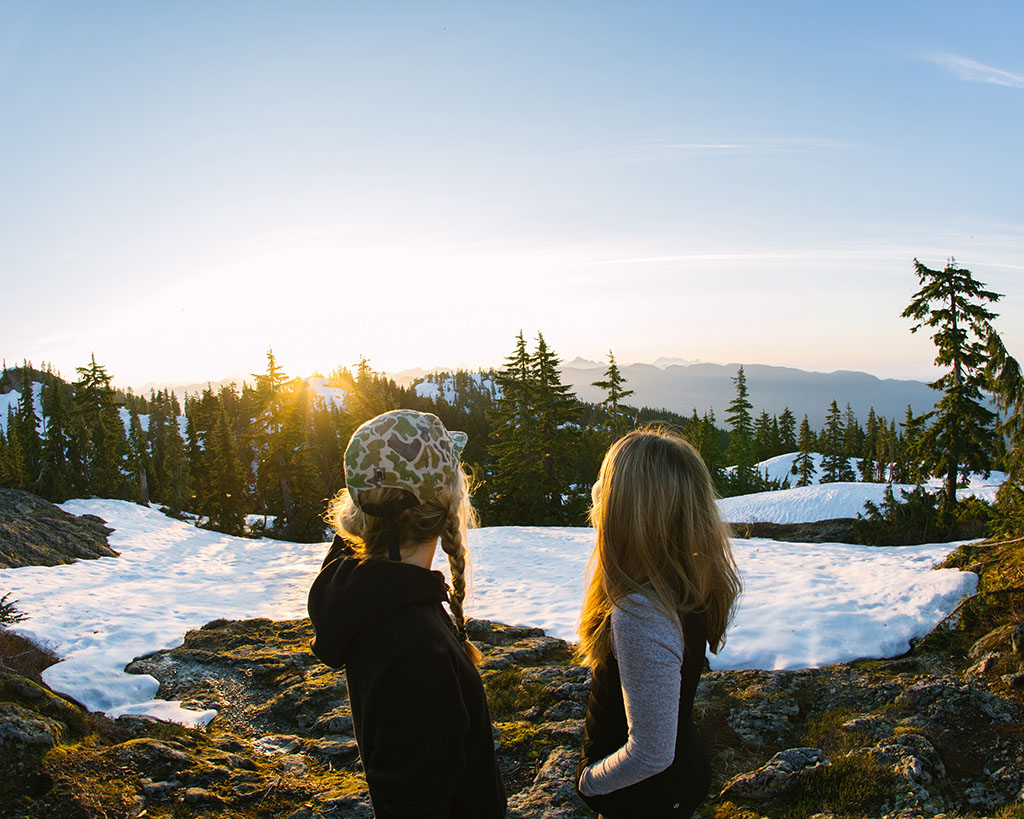
Like all things, we grew up and our hill changed with us. It still had the tacky season’s passes that would paste your face amongst a background of clip-art planets, but now boasted a newer, more efficient four-person lift. I built a circle of friends who enjoyed the same simple pleasures—nights skiing above the glowing city and dunking cold french fries in hot chocolate.
As we grew in our love for the outdoors, we also learned to cherish and care for it. I believe that environmental stewardship is synonymous with being a skier or snowboarder. Protecting our winters was an integral part of our crew’s passion as we grew older. When winter would melt into spring, we’d hike up at four or five in the morning to watch the sun rise over Mt. Baker, appreciating the beauty our wild spaces had to offer.
This spring, the snow was starting to melt again and the post-ski season melancholy set in. A group of friends and I decided to counter the blues by spending the night at the top of our beloved ski hill. Our bags were packed full of snacks, some firewood and garbage bags to sled down on the next day. The trip was thrown together in a hurry; it was dark when we left for the hike. Trusting our headlamps and the glow from the nearby city lights, we reached our spot by midnight. Excitedly we awaited the next morning’s sunrise.
The sun rose the next day, a little too early, but we watched with peaceful attentiveness, bundled in our bags, too exhausted and too content to crawl out just yet. Eventually, someone ambitiously began setting up a fire for breakfast. As I was lured out by the smell of roasting weenies, the sight of garbage around our camp made my stomach drop. Broken glass bottles, empty cans, and so many plastics covered the hill, tracing a bread-crumb trail under the path of the chairlift.
It was disgusting. It was heartbreaking.
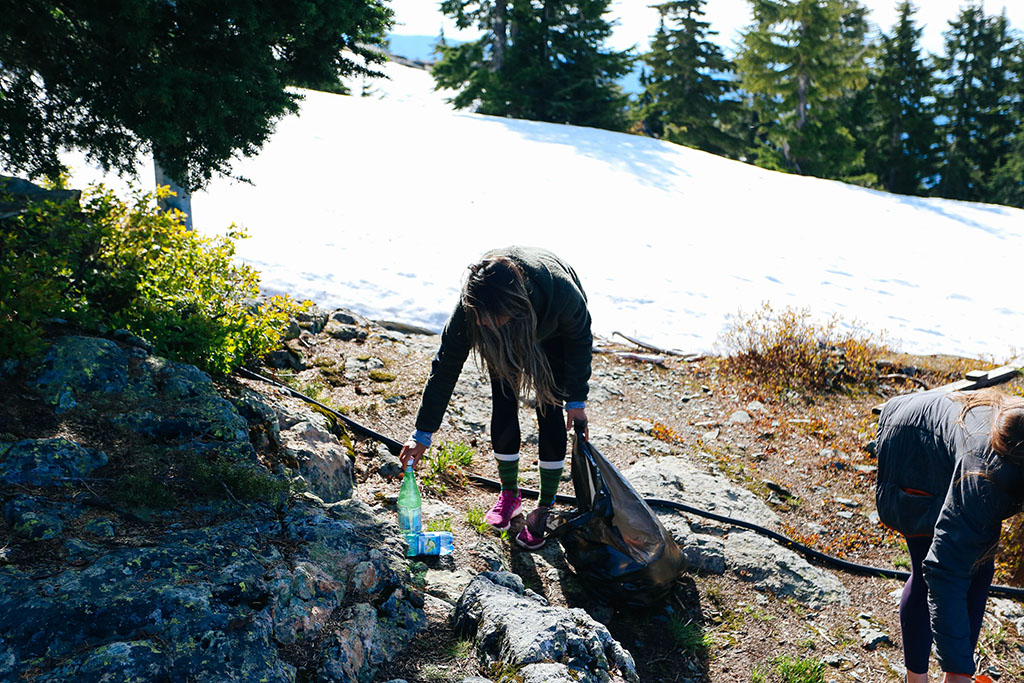
My point isn’t to assign blame and lecture about how awful we’re treating our sacred spaces. I’ve made plenty of decisions that I know I need to learn from. But on a small scale, this is our ski hill. Like anyone with an emotional attachment to the place they learned to ski, don’t you want to treat it like your home? Don’t you want it to continue being a playground for others to grow on?
So, start bringing a backpack and take your cans home with you. Donate. Ride a bike. Compost.
By not taking simple steps, we’re making this planet a dangerous space for the plants and wildlife, messing with the very climate that brings us the snow that we love to play in. If we’re not more careful and more adamant about cleaning up after ourselves, the reality will be a hill that is far too trashed to ski, and a planet in danger.
Without speaking a word, my friends pulled out their trash-bag sleds and began filling them with litter. As I took in the scene, I’m flooded with love for the people in my life who prioritize the environment in the same way I aim to. Imagine the impact if we were stewards of the outdoor spaces we love to explore and play in? The bare minimum simply isn’t enough anymore, we need to actively be making sure we’re leaving these spaces in a condition better than how we found them.
Right now, I’m anxiously awaiting watching another sunset with my skis strapped to my feet and more enviro-ventures in my future.
9 Tips to Leave it Better than You Found It:
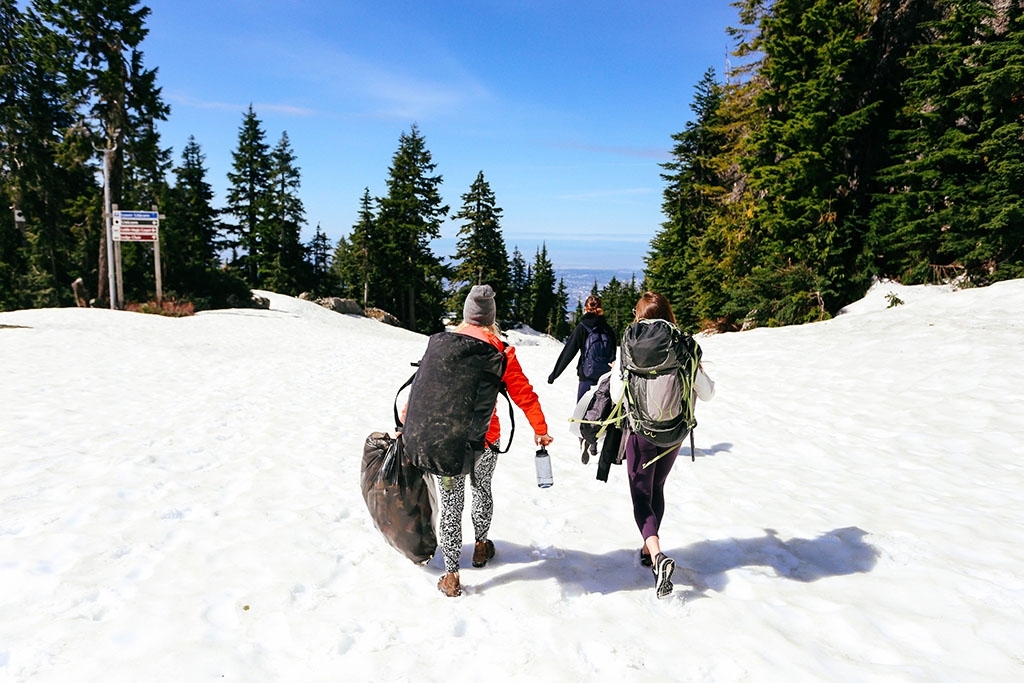
Garbage Cleanup on Trail
1. Pack a reusable bag with you (or two!) when you go camping so that you can not only pack your own garbage out, but grab a little extra.
2. Try and bring food/ drinks in reusable containers so that you’re not tempted to discard loose wrappers.
Green Cleaning
3. Bring eco-friendly toiletries (toothpaste, shampoo) if you’re camping for a few days, non-biodegradable waste messes with the delicate ecosystems.
4. If you’re washing up dishes make sure you’re dumping the wastewater onto dry ground and not into any nearby streams or lakes.
Take Care of Mother Earth
5. Practice going plastic free. Remember, progress over perfection. Becoming more aware of your personal consumption helps you learn how to be more mindful in finding alternatives. Take a 1 week or more pledge during plastic-free July to refuse single-use plastics.
6. Be aware of current fire bans and adjust accordingly. Campfires are fun but cooking food on a small stove means less weight for you to carry during fire ban season.
7. Stay on the trail! By trailblazing you’re doing damage by causing soil erosion and trampling natural flora.
8. Don’t mess with wildlife. Instagram culture almost inherently encourages gaining shock-value photos that sometimes include feeding the natural wildlife. Leaving out garbage, left-over food, or simply trying to feed the animals in the area is both wildly dangerous but also trains these animals to depend on people for food.
9. Carpool! Whether you’re hitting the ski hill or planning a weekend camp trip with your friends extend the good times with a great playlist and plan to go together.
Related Posts:
- The Inside Scoop on the Outdoor Poop
- How to Live an Eco-Friendly Outdoor Lifestyle
- Camping on BLM Land – A Quick Guide to Get Started
Updated. Originally Published August 28, 2018.
